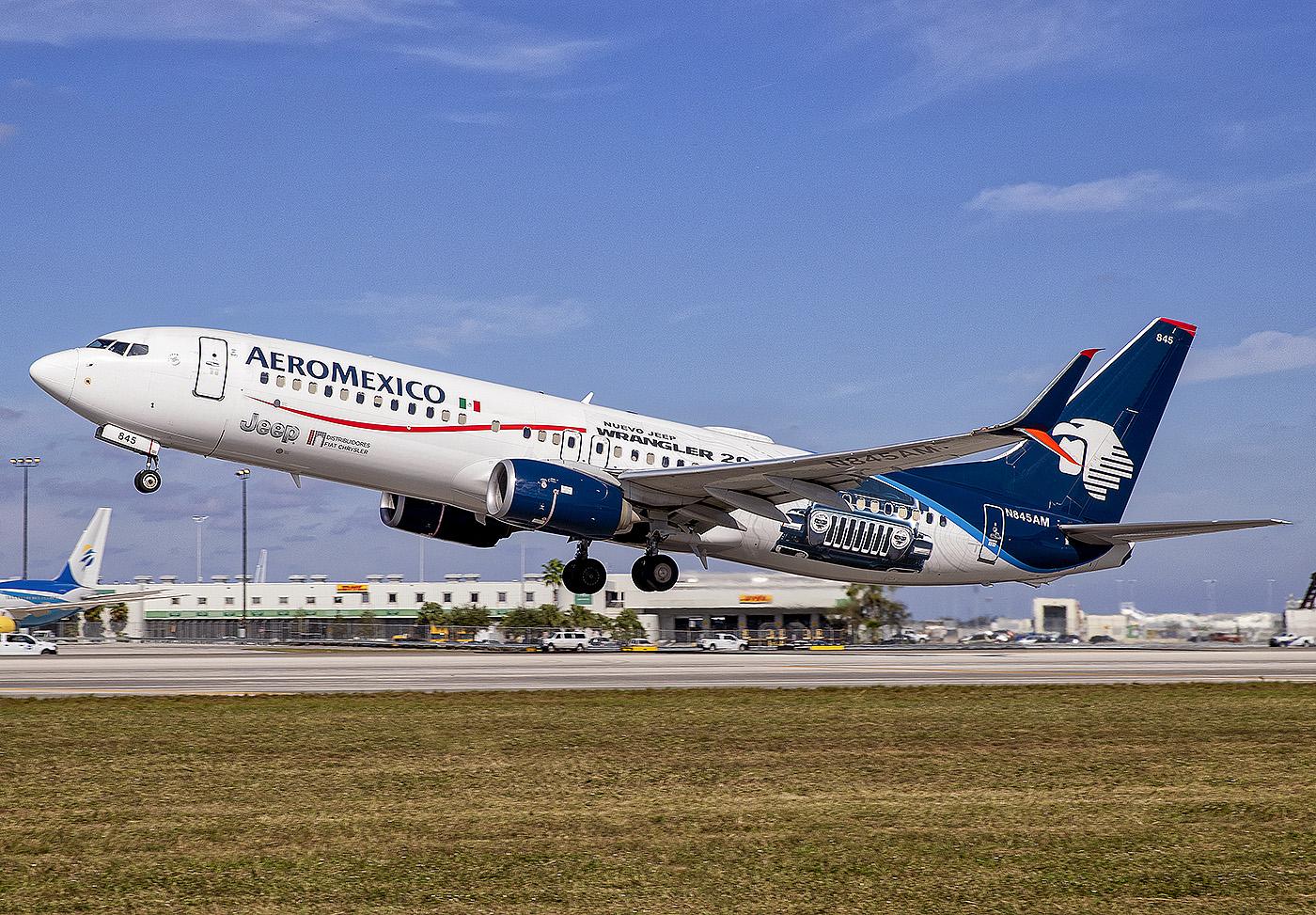
Credit: Joe Pries
WASHINGTON—The FAA on May 25 formally announced its downgrade of Mexico under the International Aviation Safety Assessment (IASA) to Category 2 following an audit completed earlier in 2021. The FAA’s decision, made weeks ago and first reported by The Wall Street Journal, does not affect existing...
Subscription Required
This content requires a subscription to one of the Aviation Week Intelligence Network (AWIN) bundles.
Schedule a demo today to find out how you can access this content and similar content related to your area of the global aviation industry.
Already an AWIN subscriber? Login
Did you know? Aviation Week has won top honors multiple times in the Jesse H. Neal National Business Journalism Awards, the business-to-business media equivalent of the Pulitzer Prizes.



